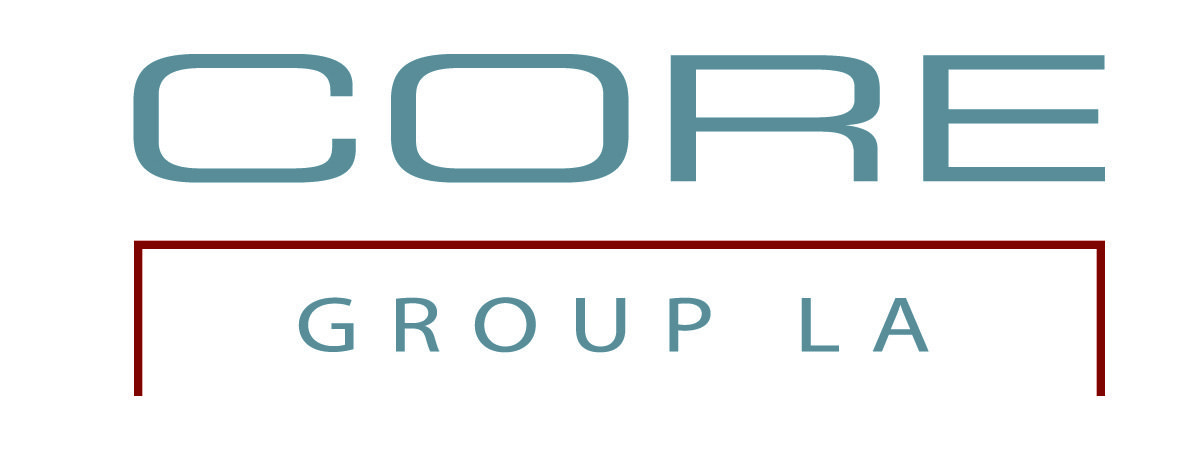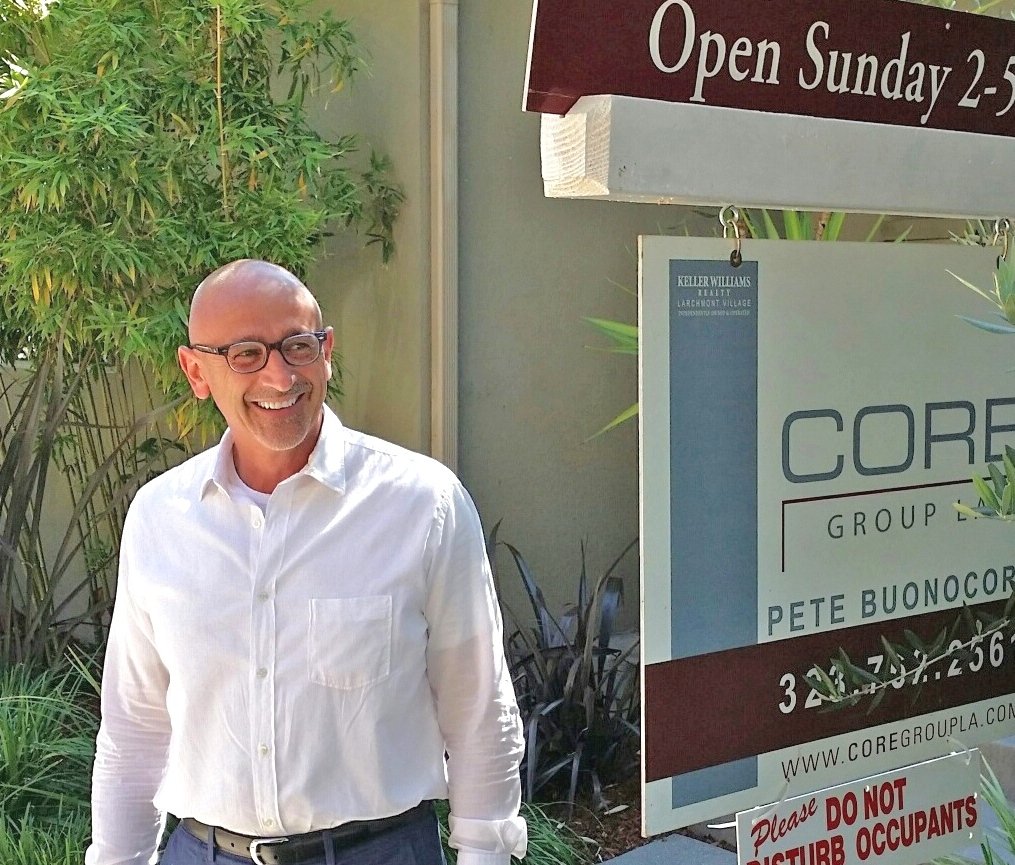
FROM REALSIMPLE. COM:
The COVID-19 pandemic irrevocably transformed the home-buying process. Housing prices surged at record prices. Buyers frequently took part in tense bidding wars as soon as limited inventory became available. Cash buyers became more common, despite high rates of unemployment. The historically low mortgage rates also created a red-hot market, with houses sold within hours, contingencies waived across the board, and closing prices soaring well above asking. With the continuous increase in global inflation, 2022 has also revealed new realities. The Federal Reserve scaled back early pandemic relief and interest rate hikes have caused mortgage rates to rise.
If you’re currently looking for a home in this market, or planning to buy in 2023, there are new rules to the road. Some say things are headed back to their pre-2019 norm, but others say that iBuyers and cash companies have changed the residential real estate market forever. Below, real estate experts from around the country offer insight on how the market has changed and how buyers should get ahead of any sudden challenges to come.
Has the housing market changed in your area over the last year?
No matter where you live, the answer to this question is “yes.” In 2022, high inflation, recession fears, and high mortgage rates were expected to force home prices lower, but the last twelve months were a roller coaster. The April 2022 quarterly forecast by Freddie Mac (The Federal Home Loan Mortgage Corporation) stated that mortgage rates were expected to average 4.6 percent for calendar year 2022. Yet, on December 8, 2022, the National Association of Realtors (NAR) reported that rates dropped from 6.59 percent to 6.33 percent, just a week before. The NAR predicts that “mortgage rates may stabilize near 6 percent in 2023.” Thus, prospective home buyers should expect more affordability in the future, just not as much as they’d hoped for at the start of 2022. So, what does this really mean for those hunting for their dream home in this bear market? Below, experts answer the most common questions buyers have these days.
Is there more inventory now?
After hitting record lows in 2021 and early 2022, housing inventory has started to increase. However, the market is still quite competitive. “Inventory remains limited and desirable neighborhoods continue to see competitive listings selling for 30 percent above list price,” says Megan Micco, a San Francisco Bay Area real estate agent. “The days of waiving all buyer contingencies is nearly over, and buyers have comparatively less purchasing power due to increased mortgage interest rates.” According to a study by online real estate brokerage Redfin, as of June 2022, a homebuyer on a $2,500 monthly budget had lost nearly $120,000 in spending power since the end of 2021 as mortgage rates have nearly doubled.
With this in mind, New Jersey based broker-associate Michelle Mumoli cautions buyers not to get too confident just yet. “Although inventory still is exceptionally low, buyers still think they can get a ‘deal,’” Mumoli says. “Unfortunately, there are none to be had.”
That said, Mumoli encourages motivated buyers to act, rather than sit on the sidelines and wait for prices to go down. “Prices of homes will continue to increase in value,” she says. “Homes in highly sought locations are still selling higher than asking because of location, proximity to [cities], schools, uniqueness factor, land, etc.”
How fast do you have to make an offer on a property you like?
“Nine months ago, sellers could stick a sign in the yard and sell their house in a weekend with multiple offers, many of which were over asking price—with zero contingencies,” says Tanya Salseth of Stateside Residential in Annandale, Virginia. In this way, the pendulum has swung back in buyers’ favor. She says buyers can—once again— negotiate home inspections, appraisals, and financing contingencies. In her experience, some buyers have even successfully gotten motivated sellers to buy down interest rates or contribute to closing costs. In this more balanced market, motivated sellers are willing to be more flexible than they were last year.
Are there any hidden advantages to buying a house now?
A house represents the largest single purchase most people will make in their lifetime. Hence, it is a highly personal decision, and its advantages are equally as unique. Trying to time the market for the biggest financial benefit is a stressful and often faulty strategy. Instead, it’s best to work with a reputable agent who can scout opportunities based on your budget and needs.
Micco says, in the Bay Area, there are several advantages to purchasing a home right now. There are relatively few buyers in the market, so competition is low. “Just last week I wrote a winning offer on a property that had been on the market for more than 30 days, had 30 disclosure packages out, and we submitted the only offer,” she shared.
Salseth echoes that she’s seeing less competition and lower asking prices in the national capital region. “Sellers who have benefited from significant appreciation can dip into their equity to make the deal work for the buyer and get their house sold,” explains Salseth, who said these kinds of moves were extremely rare earlier in 2022.
How long should you wait to buy?
This is largely dictated by personal circumstance, but real estate is a fast-paced business. “If the monthly numbers don’t make sense for a purchase, wait,” advises Salseth. But once you let something pass you by, you can’t expect to see it again (or anything like it) anytime soon. If you can manage the FOMO, it is best to wait for a house that you can afford and that truly meets your needs—rather than end up responsible for a home that just doesn’t work for you.
How should you adapt your strategy as a home buyer?
Mumoli says to start by being realistic and keeping yourself up-to-date on the reality of the housing market. Seasoned realtors can help you find something that aligns with your needs, but their advice might run contrary to what you’re seeing on reality tv shows or home buying blogs.
If your goal is to become a homeowner, Micco says it’s best to let go of the “forever home” dream and look for a “starter home” instead. “There are opportunities to get into a ‘starter home’ at an affordable price and then leverage the equity you’ve built in that property to move to a bigger and better home in the future,” she says. “Of course, purchasing a home is an emotional decision, but don’t forget to think of it as a long-term investment. You wouldn’t think about buying your ‘forever stock’ and never buying a share of stock again, so take a similar approach to your home.”
Last, the part of the process that most people underestimate is securing the right financing for your purchase. “Adjustable-rate mortgages (ARMs) got a bad rap during the housing downturn in 2007-2008, but most would-be purchasers don’t plan to stay in their home for 30 years,” highlights Salseth.
Since the average homeowner stays in their home for anywhere from eight to 13 years, Salseth says that ARMs can help homeowners save hundreds of dollars per month compared to 30-year fixed mortgages. If you know you’ll move again in the next five to 10 years, you’d do well to consider and compare all types of available financing.
Again, the home buying process is a personal and emotional journey, but it will benefit you today and in the future to get clarity on how your personal needs match up with market conditions.
WRITTEN BY NAFEESAH ALLEN, PHD. FOR REAL SIMPLE . COM
LINK TO ORIGINAL ARTICLE: https://www.realsimple.com/housing-market-changes-home-buyer-strategies-6891769









